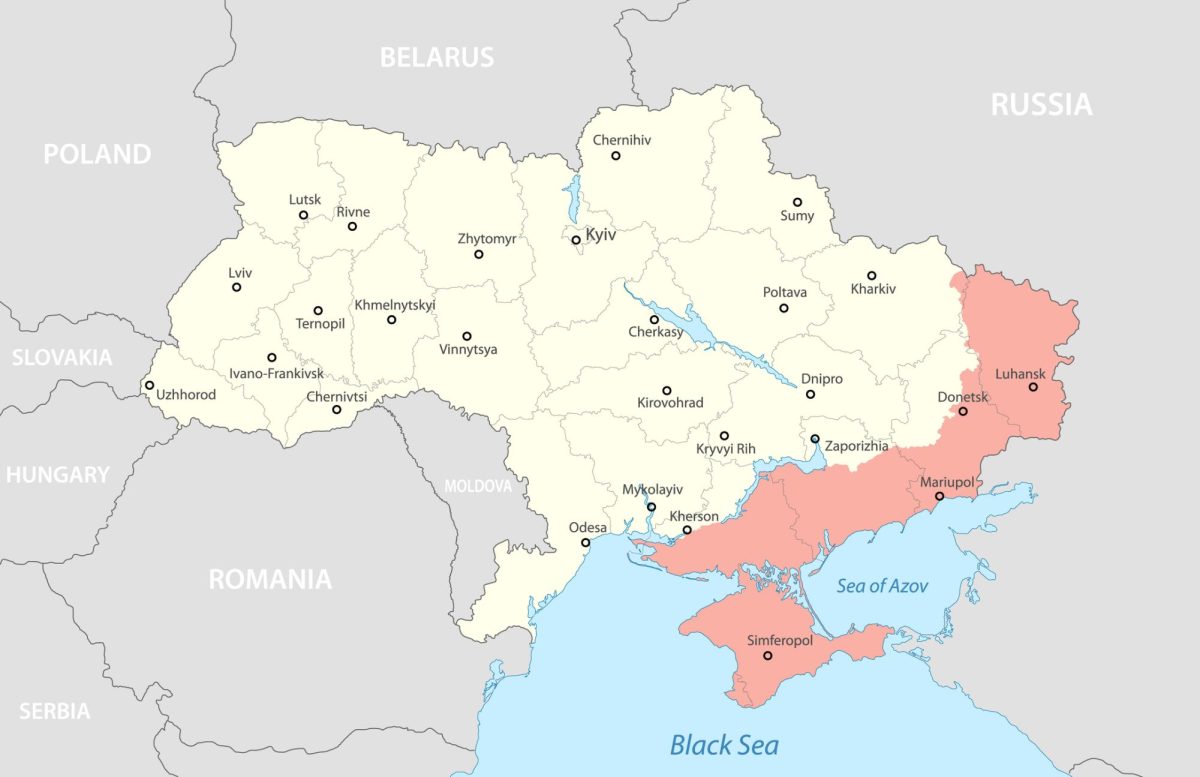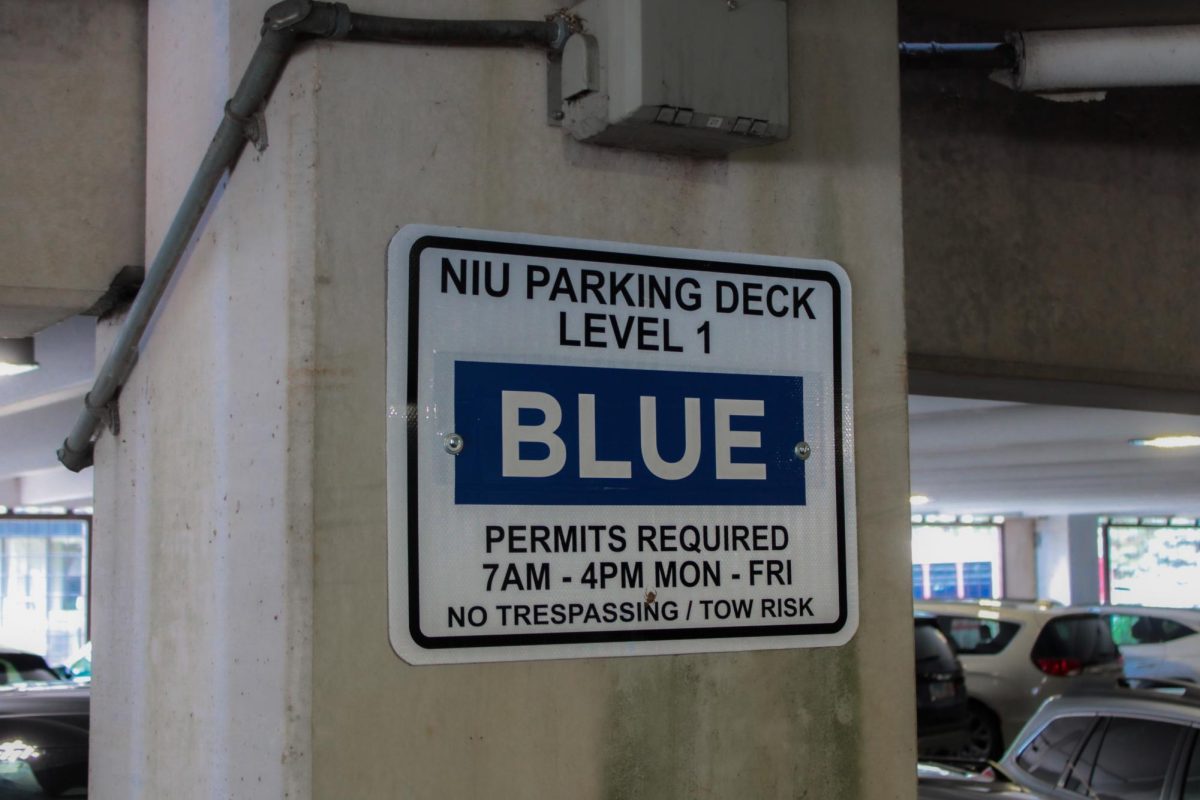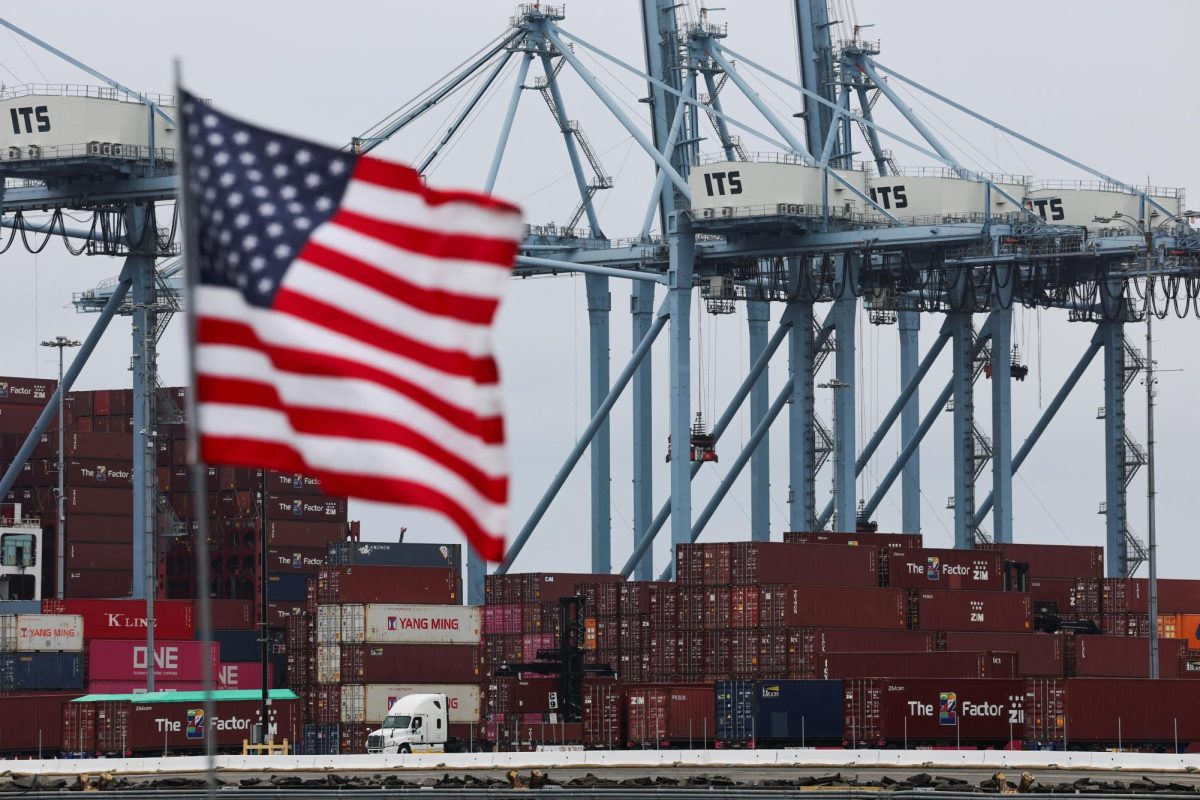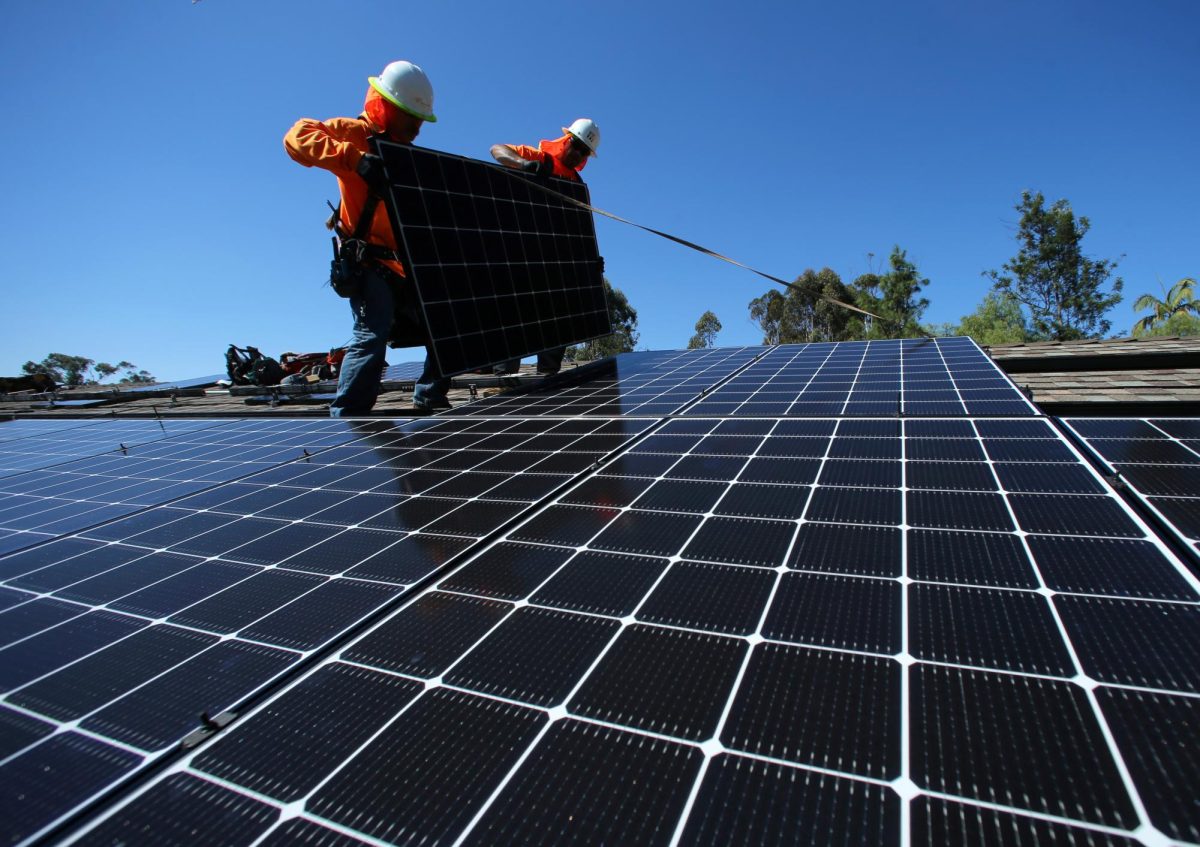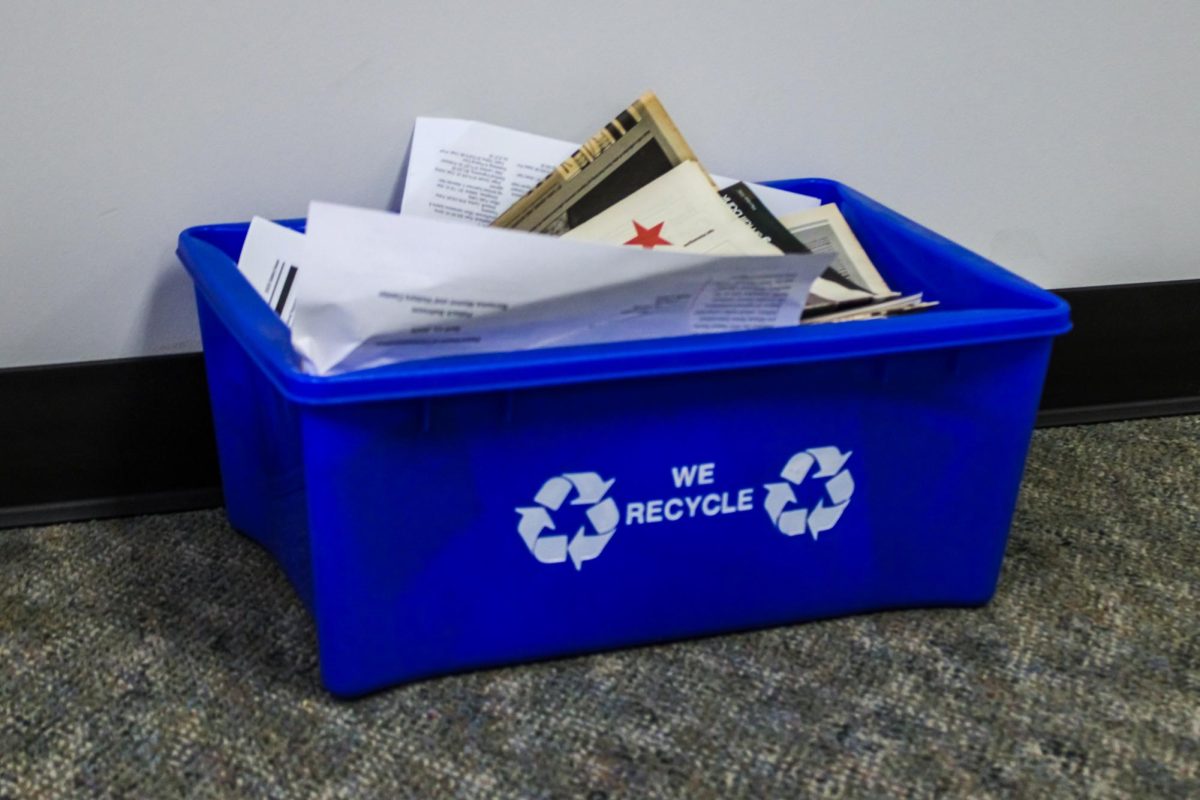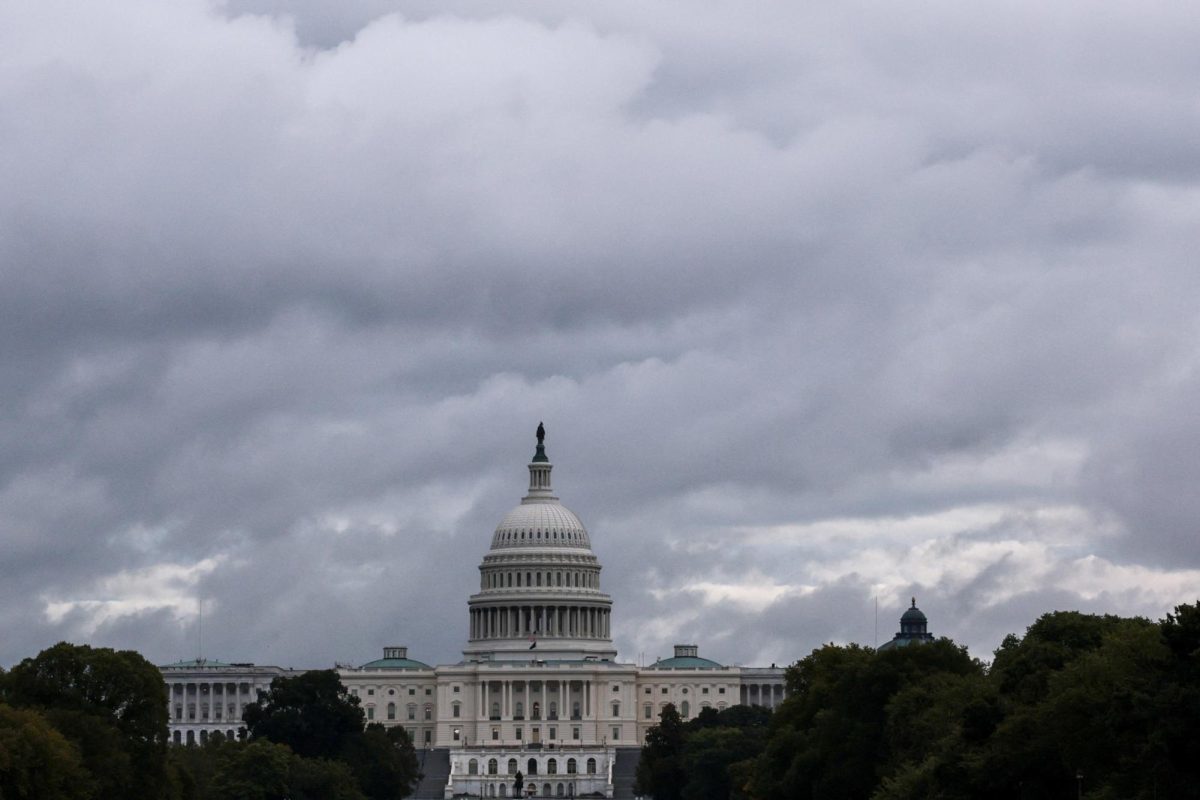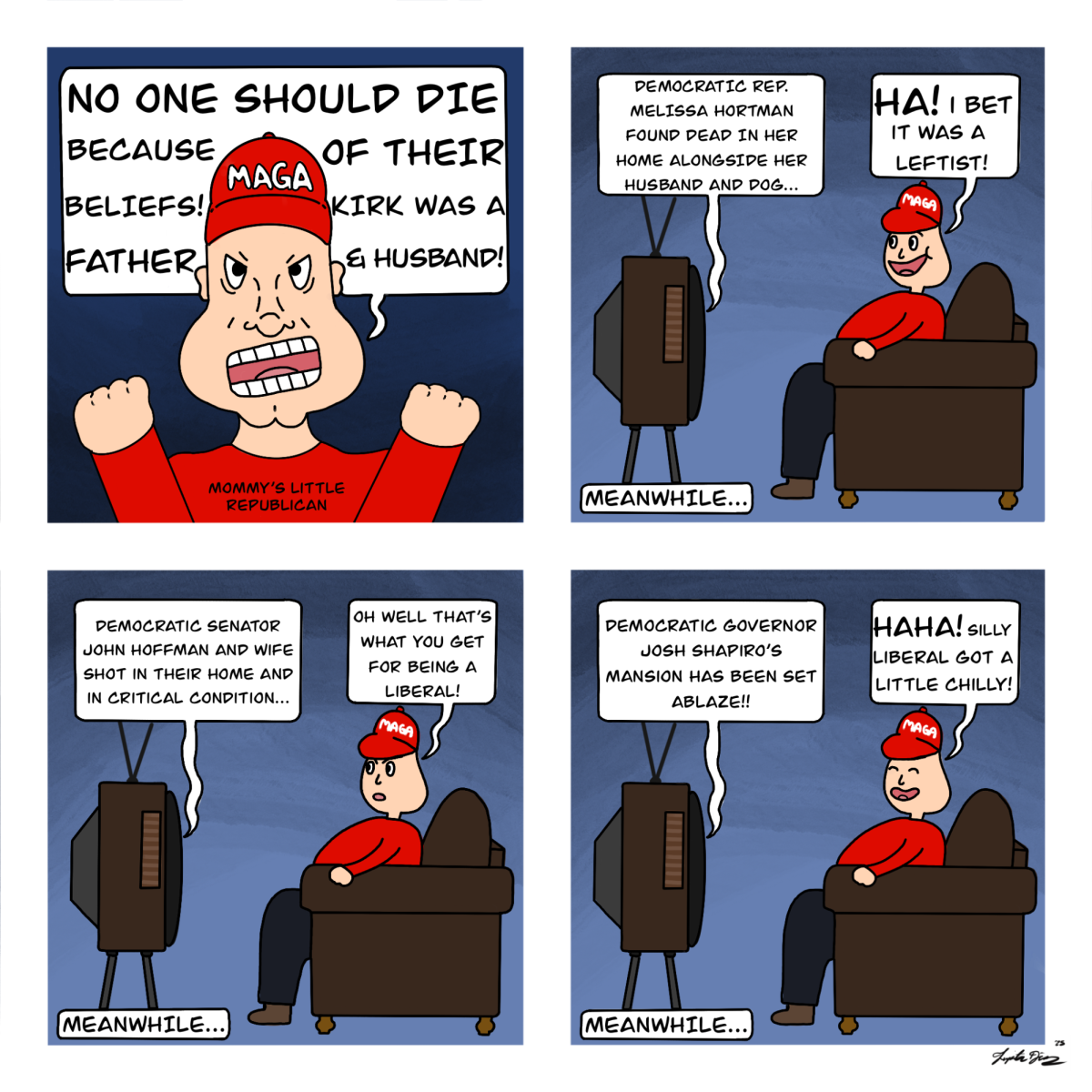Three years after it began, it now seems a “swift” end to the war in Ukraine is only possible through negotiation. Unfortunately, what both sides demand for peace cannot be given, so Ukraine’s allies must continue providing weapons to prevent a Russian victory.
Security guarantees are one of Ukraine’s top demands for ending the war, but NATO, Ukraine’s best option for deterrence against future aggression, is off the table due to Russia’s own demands. One of Russia’s original goals for its invasion was to prevent Ukraine from allying with NATO, and three long years of war have not changed its stance on this matter.
Abu Bakarr Bah, a presidential research professor of sociology and department chair of sociology and criminology at NIU, points out that security guarantees can be meaningless.
“If you’re giving a security guarantee to a country that you yourself is not willing to go to war for, then in a sense, it’s really just talk,” Bah said.
Indeed, the countries of NATO seem unwilling to risk their own citizens for Ukraine’s sake due to their refusal to accept Ukraine into the alliance.
Bah also points out that Ukraine already had security guarantees and had them betrayed twice. The Budapest Memorandum, signed in 1994, promised that the U.S., Russia and Britain would “respect the independence and sovereignty and the existing borders of Ukraine.” Instead, Russia illegally seized Crimea in 2014 and invaded Ukraine in 2022.
Now, European leaders are trying to form a “Coalition of the Willing” to provide security guarantees for Ukraine without NATO, but even this initiative is stalling. The threat of sanctions against Russia if it resumes war against Ukraine seems weak due to division between Europe and the U.S., and the coalition will only act after a ceasefire is declared, should Ukraine not be conquered and the coalition actually formed.
Complicating matters further, Russia wants to keep the territories it has seized from Ukraine as the price for peace, but this runs into a major legal problem. Ukrainian President Volodymyr Zelenskyy cannot surrender land to Russia even if he wanted to because this goes against his country’s constitution, which states that Ukraine’s 1991 borders cannot be changed.
Before he was reelected, U.S. President Donald Trump promised to end the war in Ukraine quickly, but has found it a more difficult task than he expected. European nations have also struggled to wean themselves off Russian oil and gas despite siding with Ukraine, ironically supporting their enemy more than their ally.
As unpleasant as it sounds, continuing to arm Ukraine is likely the only way its allies can meaningfully protect it from Russia, short of joining the war themselves. Ukraine, in turn, must continue to endure since Russia cannot sustain this war forever, even though it has handled international sanctions better than expected.
The division and indecision plaguing Ukraine’s allies are only leaving the underdog of the war more vulnerable. As matters stand, neither Ukraine nor Russia are willing to negotiate an end to the war, so Europe and Trump are wasting their time and Ukrainian lives on plans doomed to fail.


